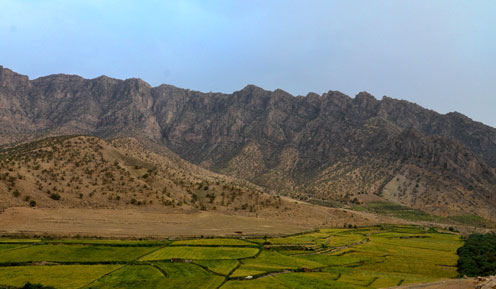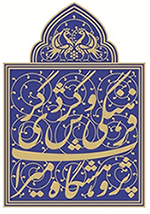Revisiting the Hilly Flanks: the Epipalaeolithic and Neolithic periods in the eastern Fertile Crescent
After many years of little or no work, research into the transition from hunting and gathering to agriculture in the eastern part of the Fertile Crescent has gathered pace in recent years. This research has begun to contribute to a more diverse and heterogeneous picture of late Pleistocene and early Holocene hunter-gatherer, cultivator and farmer lifestyles across southwest Asia. This, in turn, poses new questions for our understanding of the Neolithisation process.

We would like to warmly invite colleagues to Copenhagen to present and discuss results from recent and ongoing research into the Epipalaeolithic and Neolithic periods in the eastern Fertile Crescent.
The conference remit is intended to be broad. We therefore welcome fieldwork reports, scientific studies (archaeobotanical, zooarchaeological, palaeoenvironmental etc.), as well as more synthetic or theoretical papers. Submissions by PhD students and early career researchers are particularly encouraged.
There is no registration fee, but please note that places are limited and registration is necessary.
Deadline for registration: 30 April 2020.
Registration is closed.
We accept abstracts for presentations or posters. Abstracts should be no more than 300 words in length and must include a title, names of all authors and their affiliations, as well as contact details of the presenting author.
To submit your abstract, please email the conference administrator at camimazz@hum.ku.dk.
Deadline for abstract submission: 31 December 2020.
Tobias Richter, University of Copenhagen
Hojjat Darabi, Razi University
Abbas Moghaddam, Iranian Centre for Archaeological Research
Barbara Helwig, Vorderasiatisches Museum Berlin
Peder Mortensen, University of Copenhagen
Please note that we plan to livestream and/or record the presentations at the conference to enable researchers who are unable to attend in person to participate in the conference.
Funding and collaboration
The conference is held under the auspices of the David Foundation.

In collaboration with
The Research Institute of Cultural Heritage and Tourism of the Islamic Republic of Iran

Razi University

